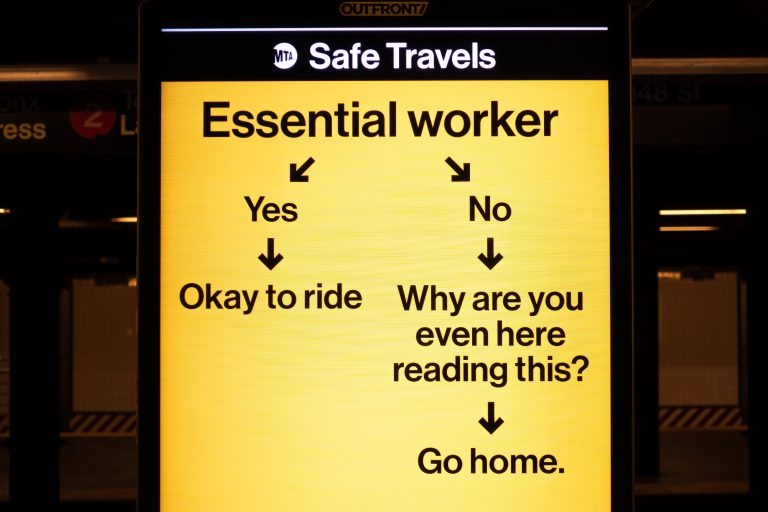Patients will receive the proper, timely, and secure healthcare they need if they have instant access to their health information. Imagine them freely bringing their health information to any healthcare provider they visit and receiving the immediate care they need, instead of paying and waiting to get said information. More stakeholders can freely exchange internal knowledge about a virus (or other conditions) and start developing vaccines and solutions, thanks to their shared data.
In today’s setting, these are dreams yet to be fulfilled. Healthcare providers, health information networks/exchanges, and health IT developers must comply with information blocking rules beginning April 5, 2021.
Understanding Information Blocking
Information blocking is the restriction of access to medical information by professionals in the industry. Healthcare providers, health information networks/exchanges, and health IT developers implement information blocking guidelines to protect their patients’ data. However, that practice is what the new rules hope to change, with some exceptions.
The Office of the National Coordinator (ONC) for Health IT established new implementation guidelines to create fairness for all parties involved. The updated rules’ objective is to prevent the interference and restricted access, exchange, or use of people’s electronic health information (EHI). For people to get their EHI access, they also need to comply with the set rules.
EHR Vendors Frequently Involved in Information Blocking
Several studies (one of them by the HHS ONC) were conducted to raise insight about the upcoming changes to information blocking rules and how they can affect the whole health system.
In this study published in January 2021 in the Journal of the American Medical Informatics Association, it was revealed that EHR (electronic health record) vendors and providers are the most prevalent institutions that practice information blocking.
Researchers surveyed health information exchange organizations. Out of 106 Electronic Health Information Exchange (HIE) institutions that met the criteria, 89 (or 84%) responded to the survey.
The results showed that:
- More EHR vendors are involved in information blocking activities compared to health systems
-
- 55% of them said that at least some of the EHR vendors are engaged in information blocking
- 14% of them said that most or all EHR vendors are guilty of information blocking
- 24% said that at least some health systems are engaged in information blocking
- 6% said that most health systems take part in information blocking
- The most common information blocking form is the refusal to exchange information
-
- 15% of the survey respondents said that this often occurs in HIE
- 41% reported that health systems sometimes do this
- Among all health institutions, the EHR vendor was the most associated with a high number of information blocking reports
-
- 16% of respondents claimed that HIE has a high level of information blocking case
- 58% considered them as an institution with a low level of information blocking scenarios
Conclusion
These are the initial results in a series of studies conducted by the HHC’s ONC. More studies are needed to determine how the new rules on information blocking should be implemented and how they could help all parties involved. For the first 18 months of the new rule compliance (from April 5, 2021, to October 6, 2022), the content and manner of exception limits will be observed and adjusted accordingly.
For more healthcare news, tune in to Dose of Healthcare. We provide the latest information about the health industry and how it can affect everyone. Follow our social media accounts to stay updated.
















